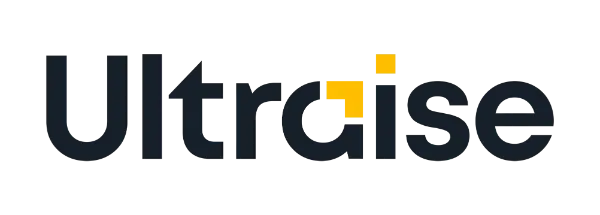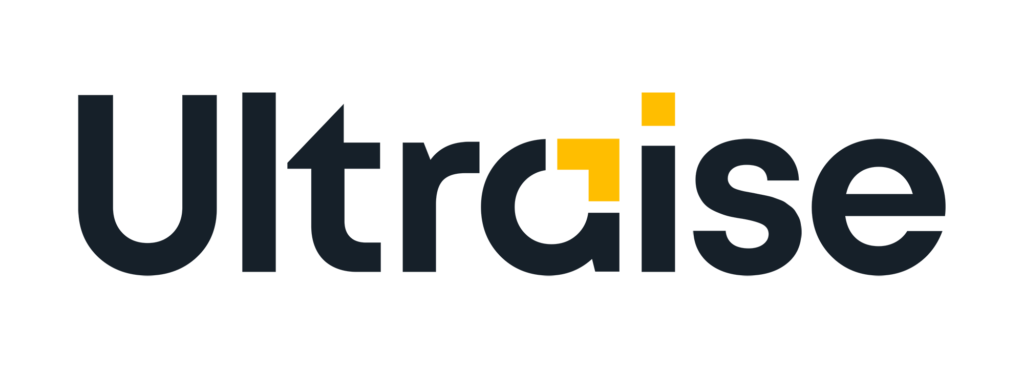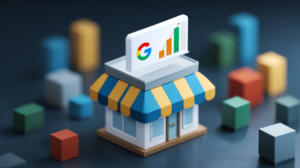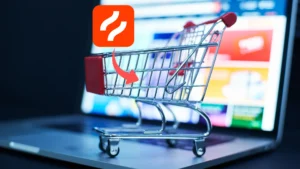Hello Marketers,
I want you to imagine a tough situation; You wake up at 6 AM, check your phone, and see a notification from Facebook saying someone has accessed your account.
Suddenly, you notice strange Meta Ads receipts in your email address for campaigns you don’t recognize, and can no longer access any of your business assets.
Sounds good, ha?
If you have ever asked yourself whether someone can hack your Facebook ad account, the answer is a big yes. And I want you to know that if it happened to you, you are not alone.
This is actually a real situation that happens to many advertisers on Meta.
Hackers are out there, and they are smarter than ever.
They will take advantage of your ad account and your clients just to spend the largest amount of money they can in the shortest period, and then move on to the next victim.
In this blog post, we will dive into how your Facebook ad account can get hacked, how to avoid it, and what to do if the unthinkable happens.
This post may also interest you: Using Cost Per Result Goal on Meta Ads – Good or Bad?
Table of Contents
ToggleHow Can Your Facebook Ad Account Get Hacked?
Let’s start by explaining how those digital thieves can get their dirty hands on your Facebook ad account. And just a spoiler alert: It’s not just about guessing your password 😉
1) Phishing Scams
Picture this, you receive an email from a sender called “Meta Support” saying your Facebook page is about to get restricted because of a policy violation, and you only have a few hours to verify your page to prevent it from happening.
The email contains Meta’s logo, and a blue, genuine-looking “Verify your account” button at the bottom of it.
But when you look at the sender’s email address, you see something like this:
“meta#+456413#[email protected]”
Can you see what’s wrong here? It’s a clickbait and once you click the link BAM! You’re on a fake login page that steals your access details.
This is one of the classic ways of phishing hackers have been using for a very long time.
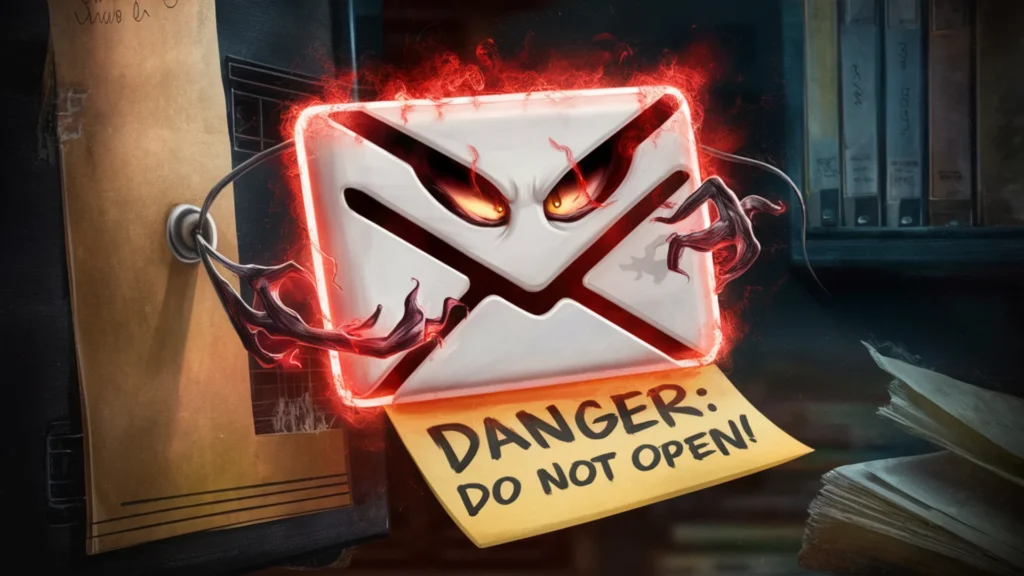
AD:
2) Fake "Meta Support Messages"
This is a sneaky one. In this scenario, hackers pretend to be a Meta support agent and slide into your DMs, claiming your account has been flagged for suspicious activity or any other reason.
They often use fancy language and a profile photo of Meta’s logo to try and fool you into thinking they are real Meta representatives. They will ask you to click on a link to verify your info.
And yes, I assume you have already guessed what happens after clicking it – It will lead into the trap they set especially for you.
3) Malicious Software
Imagine you are a freak of the newest digital marketing tools, and suddenly stumble upon a promising software. You downloaded it, excited to try it out.
Unfortunately for you, this software is malware designed to capture your keystrokes and send your login details straight to the hacker’s lair. Scary stuff, right?
4) Social Engineering
This one’s straight out of a spy movie. A hacker that pretends to be your friend or a colleague, asks for your login details.
Their excuse may be that they need to check something on your account, or they’ve got a great ad idea and need access. You trust them, and give your access info, and then OOPS.
An even smarter version of this hack is when hackers take control of your friend’s account and send you a message through his account asking you to help him verify his account by sending him the 4-digit code you have just received on your phone.
Once you do that, you basically let those hackers change your password and steal your account, FOREVER!
How to Avoid Being Hacked or Scammed on Facebook/Instagram
So now after we’ve covered the nightmares, let’s talk about how to avoid getting hacked on Facebook/Instagram.
1) Enable Two-Factor Authentication (2FA)
If you haven’t done it yet, stop everything and do it now. Two-factor authentication is like adding an extra layer of security to your Facebook account.
When someone tries to log in to your account through an unrecognized device, then a code will be sent to you via SMS, Email, or authentication app.
It ensures that nobody can log in to your account without having the code that was sent to you.
It is very easy to add 2FA, just go to your security settings and turn on 2FA. Your future self will thank you.
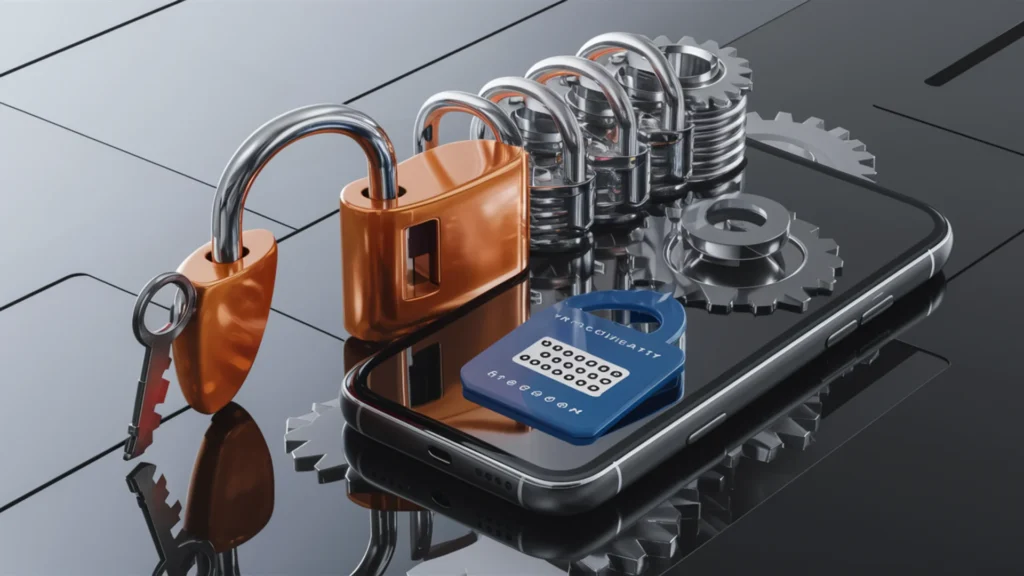
AD:
2) Be Wary of Unsolicited Messages
Did you get a message from someone who claims to be the “Meta support”?
Double-check his account. By entering the sender’s profile it will be easier to verify whether it’s a genuine account or not.
If you are unsure whether it’s the actual support or not, just contact the real Meta support through their official website.
3) Avoid Clicking on Suspicious Links
Even though it is tempting, Don’t click on links from unknown sources.
If you get a link that seems suspicious, you can hover over it to see where it leads.
For example, if a fake “Meta support” account sends you a link to verify your page details, you can hover over the link and see that it leads to a URL that is not the official Facebook.com domain, so be suspicious!
4) Regularly Update Your Password
Passwords are like toothbrushes – They need to be changed regularly.
When changing your password, choose a strong, unique password for your Facebook account and change it every few months.
And please, for the love of all things digital, don’t use “password123”.
5) Install Antivirus Software
Why cope with all the viruses by yourself? You can upgrade your security by using antivirus software that can detect and remove malware before it wreaks havoc on your system.
Antivirus is like a digital bodyguard, so it’s a must-have if you are serious about your Facebook account security.

AD:
6) Educate Your Team
The problematic thing about having many admins in your business manager is that each of them can be scammed and cause real damage to you.
It’s important to ensure everyone with access to your ad account and business assets knows about these threats and how to avoid them.
Regular training sessions for your team can save you real headaches in the future.
What to Do If Your Account Has Been Scammed
Alright, so you’ve listened to every advice I gave you but still found yourself on the wrong side of a hack. Don’t panic. here’s what you need to do.
1) Change Your Password Immediately
First things first, change your Facebook password right away and log out of all devices with active sessions. This can stop the hacker by logging him out and preventing him from fulfilling his evil plans.
2) Enable Two-Factor Authentication
If you haven’t already, now’s the time to enable 2FA. It’s a crucial step in securing your account and it takes less than two minutes.
This video shows exactly how to do so:
AD:
3) Check Your Facebook Account & Ad Account Activity
Every Facebook user can check recent logins. It immediately provides answers to whether someone has logged in to your Facebook account from an unfamiliar location.
It’s recommended to regularly check your Facebook Ad account’s activity and look for any ads you didn’t create or changes to your billing information. Take note of anything suspicious.
4) Report the Issue to Facebook
If your Facebook account has been hacked, it’s crucial to let Meta support know about it as soon as possible. Provide them with all the details you can like unauthorized transactions, suspicious messages, and anything that seems relevant to the case.
They might be able to help you recover your account and prevent further damage.
5) Scan Your Computer for Malware
If you notice suspicious activity in your Facebook account, run a full scan using your antivirus software to try and detect any malware that might have been installed by the hacker.
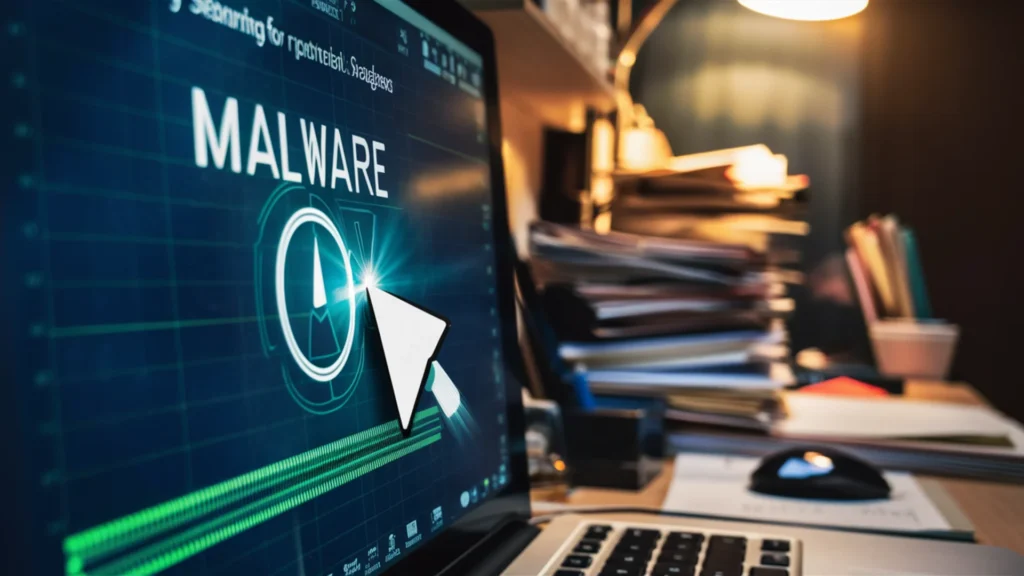
AD:
6) Notify Your Bank
This one can save you millions. Once you notice any unauthorized charges, contact your bank immediately and dispute the charges to protect your financial information.
In most cases, disputing unauthorized charges can help you get back your lost money.
7) Inform Your Team and Clients
Even though this may feel uncomfortable, you must tell your team and clients that your account has been hacked.
It’s better to be safe than sorry.
Staying Safe in the Digital Jungle
Navigating the digital world can feel like trekking through a jungle filled with hidden traps. However, with the right tools and knowledge, you can avoid those traps and keep your Facebook Ad account safe from hackers.
The key is to not wait until something gets wrong but to ensure today that it won’t happen to you in the future.
To conclude,
The threat of getting your Facebook ad account hacked is real.
Hackers are smarter than ever and have evolved in their methods to steal your accounts, so it’s important to use all the possible steps to prevent it from happening. Enable 2FA, be cautious of unsolicited messages, avoid suspicious links, regularly update your password, and install antivirus software.
If the worst thing does happen, act quickly to secure your account and minimize damage – Without panicking 🙂
Stay safe out there, and happy marketing!
Read next: How to Maintain a Low CPM on Meta Ads?
AD:

